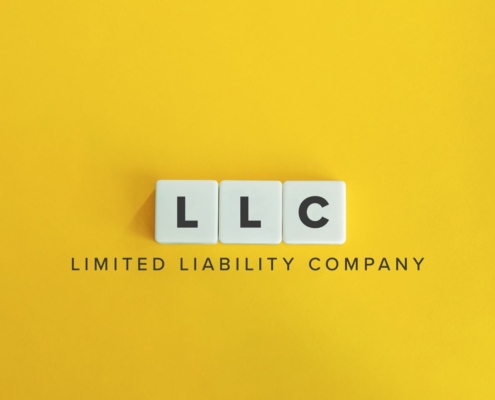What It Means to Incorporate a Business
Just as Helen suspects, there are many advantages and disadvantages of incorporating a business. For background, in order to incorporate a business, a founder must file paperwork with the state in which their business is located. There can either be a single shareholder or multiple involved in the incorporation process. Importantly, an incorporated business is legally a separate entity from its shareholders.
Benefit 1: Asset Protection
When a business becomes a corporation, shareholders in that business are granted limited liability. This means that if the corporation faces a lawsuit, the shareholders cannot be held responsible. This is a major advantage of incorporating and is the reason why many founders do so. Founder and shareholders can protect their personal assets by incorporating. If there is legal action taken against the company, they do not risk losing their assets, such as cars, homes, or personal savings. Liability protection makes a business more attractive to investors as well.
Benefit 2: Raising Capital
When a corporation needs to raise funds, it can do so by issuing more stock in the company. Incorporated businesses enjoy this exclusive ability. They can also raise capital by issuing more than one type, or class, of stock. Issuing stock allows a business to meet its obligations or expand the business if desired. It is also possible to attract talented employees by offering employee stock incentives.
Benefit 3: Continuity
Unlike other forms of businesses, a corporation has an unlimited lifespan. Even after an owner dies, his or her corporation can last long after they are gone – even centuries! This means that corporations survive changes in ownership. As a separate legal entity, a corporation lives on regardless of who the owner is at any time.
Benefit 4: Taxes
Some incorporated business pay taxes twice on the same profits. This phenomenon is called double taxation. This means that a corporation’s owners pay individuals taxes on the same profits when dividends are issued – thus, being taxed double. Corporations may also be taxed twice when selling assets. Therefore, this would be considered a potential disadvantage of incorporating.
Benefit 5: Formalities
When compared to other types of businesses, corporations tend to have more formalities and regulations. Paperwork is required to incorporate, and there are relevant fees that must be paid to become a corporation. Corporations must also hold at least one meeting annually. Meeting minutes must be recorded, and banking information must be on record. Annual reports must also be filed, and tax returns filed in a timely manner.
After doing her research, Helen decides that she would indeed like “Aphrodite” to become a corporation. As she had hoped, incorporating her business limits her liability in the event of a lawsuit. Her livelihood is thereby protected, which will be a relief. Helen is also looking forward to offering stock incentives to future employees so that she gets the best and brightest working for her company. Helen would love if “Aphrodite” became a household name cosmetics brand that lasts far beyond her own lifetime, and incorporating helps that dream become a reality. Even after she dies, “Aphrodite” will live on. The only things Helen is not so sure about are the tax burdens that corporations face and the corporate formalities that must be performed. For this, she hires a good accountant and plans to find competent directors for her company. Helen loves her business and when she incorporates it, she wants to get it right.















